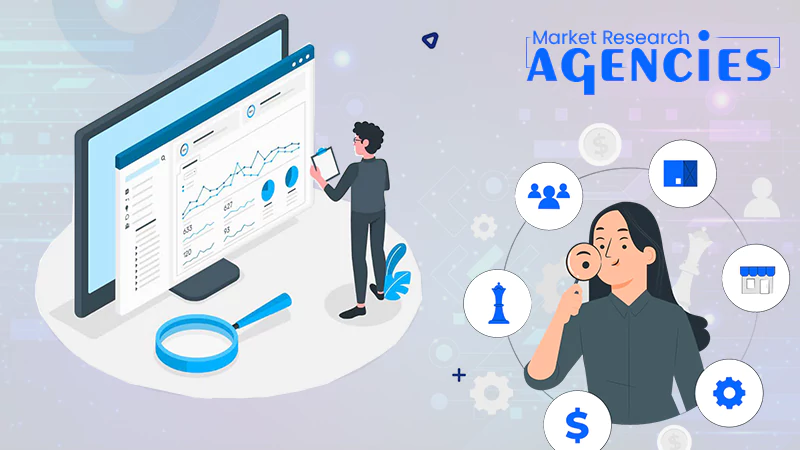What are Online Personal Loans and How Do They Work?
Loans are important in modern economies, serving as an important financial instrument that facilitates growth, investment, and consumption. They are a form of borrowed capital where individuals, businesses, or governments can access funds to fulfill various objectives. The significance of loans lies in their ability to bridge the gap between present needs and future earnings, enabling people to make substantial purchases like homes or vehicles.
Moreover, loans stimulate economic activity by empowering individuals to pursue higher education, enhancing their employability and productivity. However, it is essential to manage loans responsibly, as excessive debt can lead to financial strain and adversely impact the borrower’s creditworthiness.
Let us discuss in detail how online personal loan works and the factors that affect the eligibility criteria.
How Do Personal Loan Works?
Online personal loans are convenient and accessible for individuals to borrow money from lending institutions through digital platforms. Here’s a step-by-step explanation of how they typically work:
- Online Application: Borrowers begin the process by visiting the website of a reputable lending institution or a financial marketplace that connects borrowers with various lenders. They then fill out an application form online. The form usually requires personal and financial information, such as name, address, employment details, income, credit score, and the desired online personal loan amount.
- Credit Check and Eligibility Assessment: Once the application is submitted, the lender performs a credit check and evaluates the borrower’s eligibility for the online personal loan. This involves analysing the applicant’s credit history, income, and other relevant factors to determine their creditworthiness.
- Loan Offer and Terms: If the borrower meets the lender’s criteria, they will receive a loan offer with all the details. This detail may include the approved loan amount, interest rate, repayment term, and any extra fees or charges associated with the online personal loan. The borrower must review and understand the terms before accepting the offer.
- Acceptance and Documentation: If the borrower is satisfied with the online personal loan offer, they can accept it digitally by signing the loan agreement. Depending on the lender’s requirements, additional documents may be requested to confirm the information provided in the application.
- Funds Disbursement: Once the online personal loan contract is signed and all necessary documents are verified, the lender will transfer the funds. The money is typically deposited directly into the borrower’s bank account, making it accessible immediately.
- Repayment: The borrower should repay the loan in regular installments over a predetermined period specified in the online personal loan agreement. Repayment options and schedules may vary depending on the lender and the borrower’s preferences.
Factors Affecting the Eligibility Criteria for Online Personal Loan
The eligibility criteria for online personal loans can vary depending on the lender and the specific loan product. However, some common factors that may affect the eligibility criteria include:
- Credit Score: An online personal loan is possible even if you are new to using credit or have a limited credit score. A higher credit score can improve the chances of approval and potentially get better interest rates. However, people with little credit history or lower scores can still look into online personal loan options.
- Income and Employment: Lenders typically look for a stable source of income to ensure that borrowers can make timely loan repayments. A regular job with a steady income increases the chances of being eligible for an online personal loan.
- Debt-to-Income (DTI) Ratio: This ratio compares your monthly debt payments to your monthly income. A lower DTI indicates better financial stability and increases eligibility.
- Age and Residency: Borrowers must usually be 18 to apply for an online personal loan. Additionally, some lenders may have specific requirements related to residency or citizenship status.
- Employment History: A stable employment history demonstrates financial stability and may be considered favorably by lenders.
- Loan Amount and Tenure: The loan amount you’re applying for can affect eligibility. Some lenders have specific criteria for different loan amounts. However, the duration of the loan may impact eligibility. Shorter loan tenures have different criteria than longer ones.
- Existing Debts: Lenders may consider the borrower’s existing debts, credit card balances, and other loans to assess their ability to manage additional debt.
- Purpose of Loan: Some lenders may have specific loan products for particular purposes, such as medical expenses, education, or debt consolidation. Meeting the purpose-related criteria may affect eligibility.
- Collateral: Online personal loans are usually unsecured, but some lenders may offer secured personal loans requiring collateral, which can affect the eligibility requirements.
- Past Loan History: A borrower’s repayment history, including any defaults or late payments, may impact eligibility for a new online personal loan.
Final Thoughts
Online personal loans have become a convenient and accessible financial solution for individuals needing quick funds. These loans are typically unsecured, meaning they do not require any security, and can be applied through digital platforms, eliminating the hassles of traditional paperwork and in-person visits. If you want to get a hassle-free online personal loan, consider exploring the offerings of KreditBee – a trusted and user-friendly online lending platform. With their easy application process and quick disbursal, KreditBee can help you conveniently access the funds you need.
Follow Us
Latest Post















